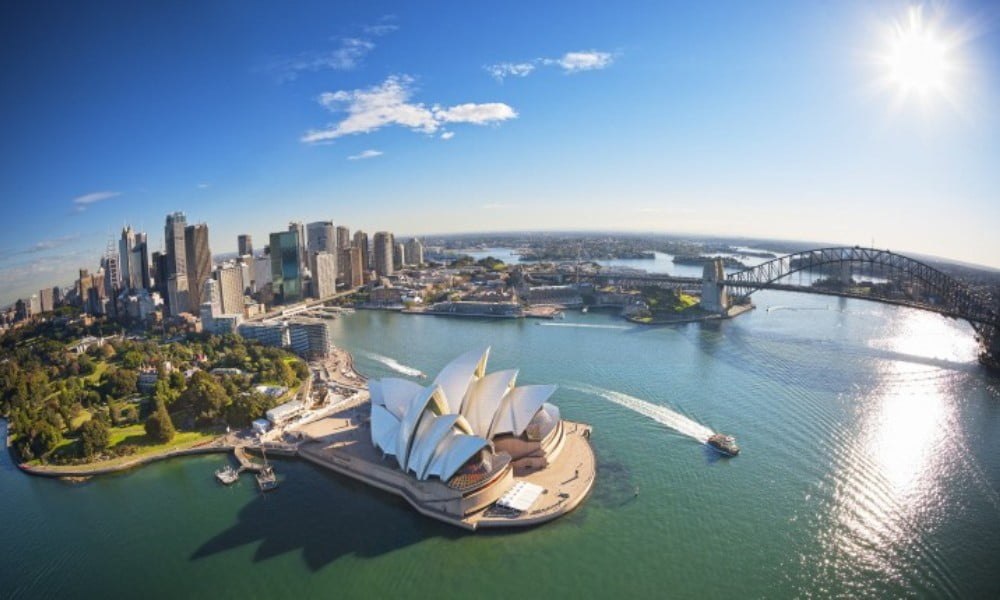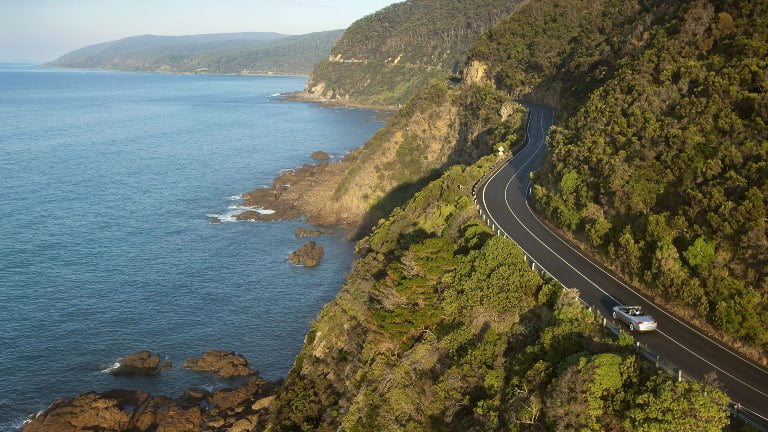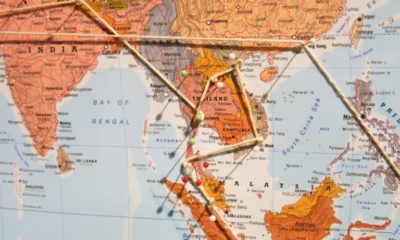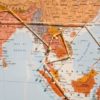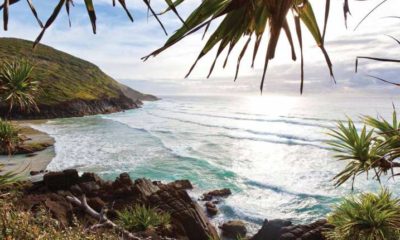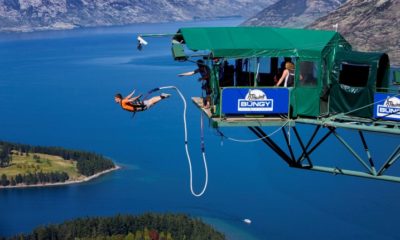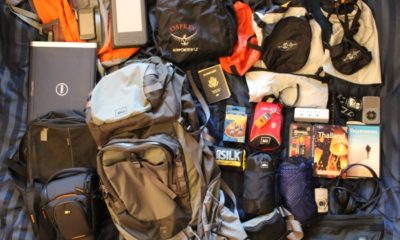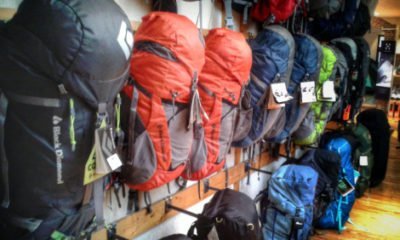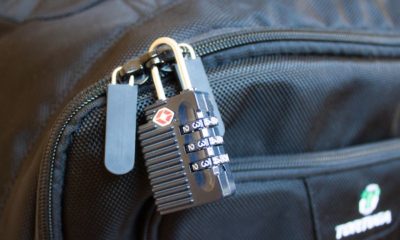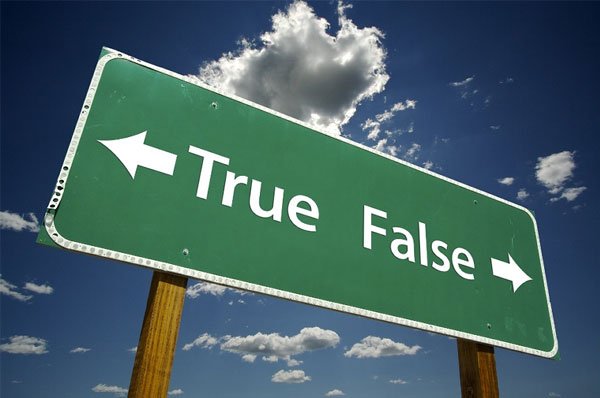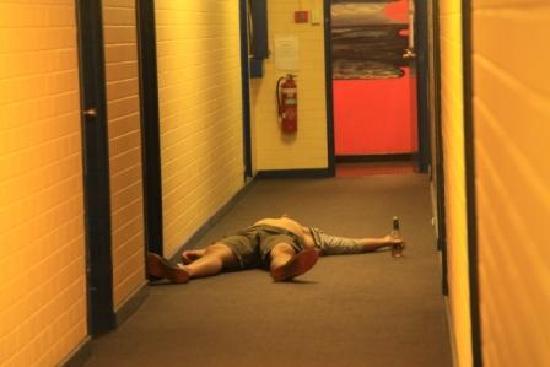Working Holiday Visa in Australia
The Working Holiday visa is a temporary visa for young people who want to work and travel in Australia for up to a year.
The Working Holiday visa is a temporary visa for young people who want to work and travel in Australia for up to a year.
It is by far the most popular visa for backpackers visiting Australia. This is mainly because of how expensive Australia is to travel and how good the pay is down under. If you are travelling around the world Australia is a great place to stop and top up your funds.
Benefits Of Doing Working Holiday in Australia
• Earn extra money for your travels.
• Extend your time travelling.
• Spend a year in the sun.
• Add foreign work experience to your CV.
• Live as a local in another country.
• Experience new jobs that you never saw yourself doing.
• Make friends with the 200,000 people that go every year.
• Do things you may not be able to back home.
Australia Working Holiday Visa Requirements
There are two different types of Working Holiday Visa – they are only slightly different and you will only be able to apply for a certain one depending on your nationality.
Please note this page is not updated regularly. For more up to date information on eligibility, or to apply for a working holiday visa, visit Australia’s immigration website.
Expand/ Collapse Visa Requirements
| Visa | Working Holiday Visa (subclass 417) | Work And Holiday Visa (subclass 462) |
| Nations |
|
|
| Requirements |
|
|
| Entitlements |
To apply for a second Working Holiday visa (subclass 417), you must:
|
|
| Cost of Visa |
Initial Arrangements – What You Need To Sort Out
Once you’ve been approved for a visa, there are many additional things to consider if you are going to be working in a country. You may have to wait until you get there to sort out some, but arranging as many of these as possible before you go will help you settle much more quickly.
Tax File Number
You cannot work legally without one of these, so applying should be a priority if you intend on working immediately. Unfortunately you can only apply once you are in Australia. You can read more and apply at The Australian Taxation Office website.
Bank Account
I personally left this until I arrived, but you can open a bank account before leaving. Again it should be a priority if you want to work immediately.
Unlike the UK banking in Australia isn’t free. You may be charged a monthly or annual service fee and you will be charged for using ATMs that aren’t operated by your bank. Therefore you should shop around for the best account. The most popular banks in Australia are ANZ, Commonwealth, NAB and Westpac.
Health (Medicare Card)
The Australian Government has a Reciprocal Health Care Agreement with the United Kingdom, Sweden, Finland, Norway, the Netherlands, Belgium, Malta and Italy.
These agreements entitle you to some subsidised health services for essential medical treatment while visiting Australia.
Visit here for more details the Reciprocal Health Care Agreement and Medicare
To enrol you need visit a Medicare centre which can be found in every major city and most towns in Australia. You will need to provide; your passport and a valid visa, and in some cases, identification showing you are enrolled in your country’s national health scheme.
Australian Mobile Phone Sim Card
Obviously you are going to need a phone if you are going to be living in Australia for a year. A phone will be essential for potential job leads and finding accommodation.
Contacts
You may have contacts in Australia or know someone else that might. These contacts are great to speak with about finding potential accommodation, work and other general advice.
The people who get the best jobs and places to live in Australia tend to have contacts – so get in touch or find some.
CV/ Other Documentation
For most types of work you are going to need to provide a CV. Do you really want to type this out on a slow hostel PC using Word 98? It will be best to update your CV and any other documentation you may need before you go.
Where To Live In Australia
The cities are obviously the best places to start; they pay the highest wages, have the most amount of jobs and people to meet.
I believe Sydney, Melbourne and Perth are the best places to spend the majority of your working time. Brisbane and Adelaide are also great places to live and may have less competition for jobs than the other three big cities.
Cairns and Darwin are backpacker hubs – you are sure to meet plenty of people and have fun, but may have a lot of competition for jobs. The weather is also extremely hot and humid in Cairns and Darwin.
If you don’t care so much about the high wages or want to be away from the cities then you should try any of the many great beach towns across Australia. There are sure to be plenty of jobs in hospitality, retail and tourism, along with a great lifestyle.
If you are looking to do a second year visa you will need to work in a regional area at some point.
Check out our Guide to Australia… for more information on where you are going to be living.
Accommodation
When working you are going to need an accommodation base. This will depend entirely on your budget and comfort zone.
Hostel
Hostels are great when you are travelling as they are cheap and sociable. However coming back to a hostel after a long days work isn’t very nice. You probably will start out in a hostel, but as soon as you find work you should probably look to move out. You should be able to find many people in city hostels that are working and that are looking to find a new place to live as well.
Read more about Living in Hostels
Flat/ House Share
Most people tend to share a flat or house with others (travellers or locals) when they start working. It’s the best option whatever way you look at it; shared accommodation is often cheaper than staying in hostels, and if money isn’t so much of a worry to you then you can find some very nice places to live.
As mentioned above you should be able to find someone in a hostel that is looking to share. Don’t worry if you can’t Gumtree and Flatmates are great resources for finding shared accommodation and flatmates.
Farm/ Home Stays
Certain employers provide free accommodation to their employees – au pairs or farm workers will nearly always recieve free accommodation.
WWOOFing is an another example.
If You Are Lucky
You may have a contact who will provide you with accommodation.
You can also strike gold by looking into long shots; often holiday vacation homes are vacant in off seasons and are rented out cheaply. Many homeowners also want people to ‘sit’ their home whilst they are away for long periods of time.
You find these long shots on listing sites like Gumtree and through Google searches, but usually it just about being in the right place at the right time. Just beware of potential scams, never hand over cash until you have physically seen a place and signed an agreement, if it sounds too good to be true then it probably is.
Jobs in Australia
If you hold a Working Holiday visa, the main purpose of your visit must be for an extended holiday. You can do any kind of work over the course of your 12 month stay in Australia, however all Working Holiday visa holders are limited to a maximum period of six months work with any one employer.
Of course it is good idea to work first, so that you have money for travel afterwards. Some people work for 9 months in one city and then go travelling for their final 3 months, others continuously travel, working for short periods in different locations. It really is up to you, perhaps take into consideration your travel itinerary.
Working Holiday Job Resources
Seek, CareerOne and JobSearch – Large listings of positions throughout Australia.
Gumtree – Great resource for unique jobs.
Harvest Trail – Fruit and Veg Picking Jobs (for your second year visa).
Jobs4Travellers – Jobs just for backpackers.
Hays Trade and Labour – Construction jobs.
Hays Professional – Professional jobs.
WWOOF – Willing Workers On Organic Farms. Work in exchange for your meals and accommodation.
Second Year Visa
I have mentioned the second year working holiday visa numerous times above so what is it and how do you get one?
To apply for a second Working Holiday visa (subclass 417), you must:
- Have complied with all the conditions on your first Working Holiday visa.
- Have not previously held more than one Working Holiday visa.
- Have completed three months of specified work in regional Australia while on your first Working Holiday visa.
If you apply in Australia, you must be in Australia when the visa is granted. If you apply outside Australia, you must be outside Australia when the visa is granted.If you are already in Australia, and wish to remain onshore, you should apply for a second Working Holiday visa before your first Working Holiday visa expires.
What Is Specified Work?
It is commonly referred to as farm work as that is what the majority of people do, but can also include fishing, pearling, tree felling, mining and construction.
For more information on the definition of specified work visit Immi (under Visa Applicants then Specified Work.)
What Constitutes As Regional Australia?
All of South Australia, Tasmania and the Northern Territory are classified as part of regional Australia.
Large parts of Queensland and Western Australia, as well as some parts of New South Wales and Victoria are also classified as part of regional Australia. Read here (under Visa Applicants – then Regional Areas) to find out exactly which areas (pretty much everywhere outside major urban areas).
What Exactly Does This Mean?
Banana picking in the tropics isn’t the only way to get a second year visa, but the period of work, the type of work and the location of work all have to be accurate to be eligible for the second year visa. Here are some examples:
- If you work in construction in Adelaide for 3 months you are eligible for a second year visa.
- If you work in construction in Sydney for 3 months this does not make you eligible for a second year visa.
- If you work in construction in Adelaide for 2 months this does not make you eligible for a second year visa.
- If you work in office, bar, or shop anywhere in Australia this does not make you eligible for a second year visa.
- If you do farm work in a regional area of Queensland for 3 months you are eligible for a second year visa.
- If you do farm work in Sydney for 3 months this does not make you eligible for a second year visa.
Regional Work Advice
I personal didn’t do regional work and so didn’t get a second year visa. However the advice I heard from everybody I met was if you are sure you want a second year visa, then get the regional work out of the way with as soon as possible – ideally at the very start of your visa. This way it’s done and you don’t have to think about.
You don’t have to commence your second year visa straight after your first one – it is a completely separate visa. Eight months into your first visa you may not feel like another year, so therefore don’t see the need to do regional work, but after going back home for a while you may change your mind – by getting your farm work out of the way early you can always go back for your second year further down the line, even if you didn’t want to whilst on your first year.
Extending Your Stay
Many people love the Australian lifestyle so much they wish to stay on after their visa has expired.
Unless you have Australian relatives the only real way to do this is to gain sponsorship from your employer. Sponsorship is uncommon, but it certainly isn’t unheard of – particularly in high demand industries such as trade, construction and health care.
If your employer wants to sponsor you they will have to prove to the government that you are skilled and that there isn’t an Australian citizen available with the required skills for the job. If the sponsorship is approved, your employer will pay your visas fees to work for them for a certain period of time (usually 2-3 years).
After completing your sponsorship you may be eligible for residency and full working rights, and then further down the line citizenship.
Leaving Australia
When you leave Australia you may be entitled to claim your tax and superannuation back.
Unfortunately this won’t be paid either until the end of the tax year or until you have left the country. The average return is around A$2500 which will be very helpful if you are travelling anywhere afterwards.
You can claim this back yourself, but it may be very difficult. Companies such as TaxBack will make it a lot easier (for a fee).


